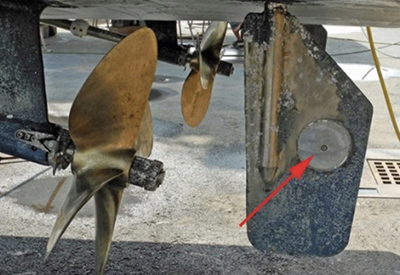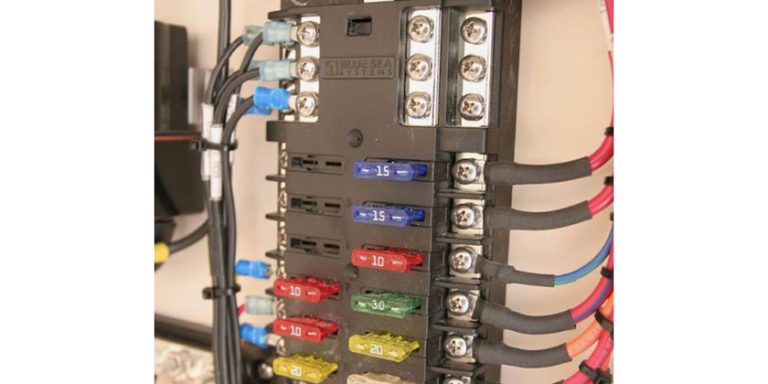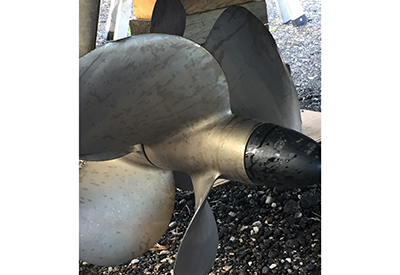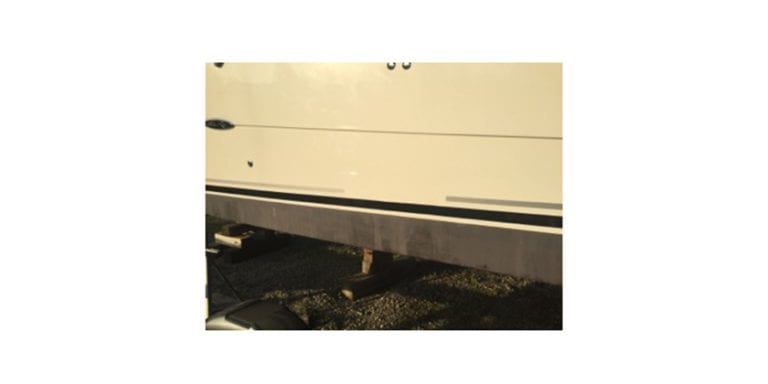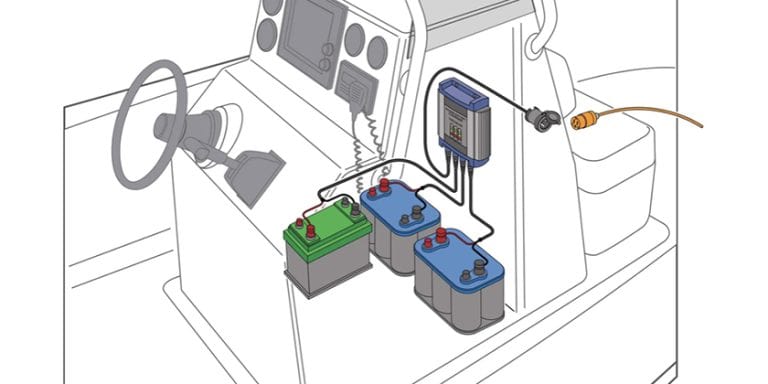Ask Andrew: Andrew’s Book Club
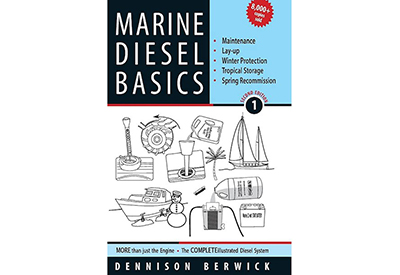
My friends have refused to help me move. It’s not because they aren’t helpful or good friends. It’s because I have a lot of books. And with multiple moves over the years, pizza and beer at the end of a day hauling boxes of books just won’t cut it.
May 10, 2023
My friends have refused to help me move. It’s not because they aren’t helpful or good friends. It’s because I have a lot of books. And with multiple moves over the years, pizza and beer at the end of a day hauling boxes of books just won’t cut it.
I’ve made promises to cut down. I’ve assured them that I will donate unread or unnecessary extras. I’ve tried to move from hardcopy to paperback. No amount of promises, negotiation or reward will help. I have a book habit that I can’t kick. Half the problem, is that my work is reliant on reference books. The other half is that sometimes a good book comes along that I have to have to add to my collection. This week’s Ask Andrew is an intro and recommendation to a book that I consider gold: Dennison Berwick’s ‘Marine Diesel Basics’
Now in it’s second edition, Marine Diesel Basics covers all the topics that the average boater, and marine mechanic might want and expect: Understanding how the marine diesel engine works, Typical maintenance, Lay-up/storage procedures, winterization, spring commissioning and even storage in tropical climates.
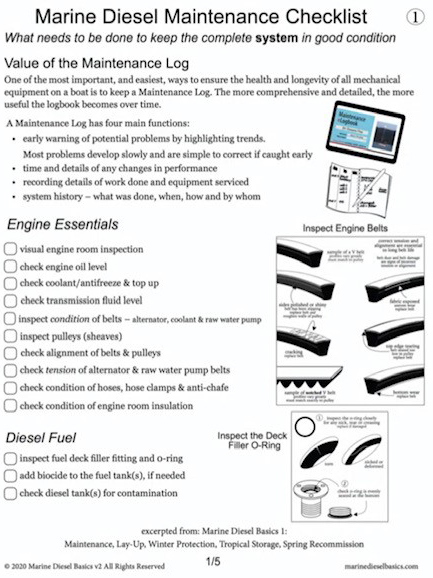
The book is divided in a way that makes sense: Broken down by engine function, in an order that builds on earlier sections; it can be read from front to back like a novel, or reference by function, problem or task.
Each engine function (fuel, cooling, lubrication, etc) is further broken down into sections, allowing for easy-to-comprehend reading. Each section starts with the main concerns and what a boater should watch out for. This is followed by a list of maintenance tasks, and then an explanation (in clear language) of how each engine function works. Each maintenance task is described clearly, with plenty of supporting illustrations.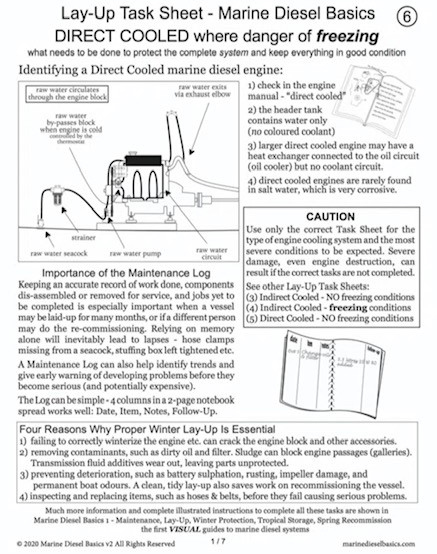
The book is clearly well thought out. It reads almost like an everyman’s shop manual, with lists of tools and supplies needed, safety precautions, charts, graphs and diagrams.
The second edition adds another helpful element: A maintenance logbook for either single or twin-engine configurations (one logbook for each application).
This allows the boat-owner to keep clear records of maintenance dates and times, but also of filter numbers, hose sizes, fluids used, spare parts, battery dates, etc.
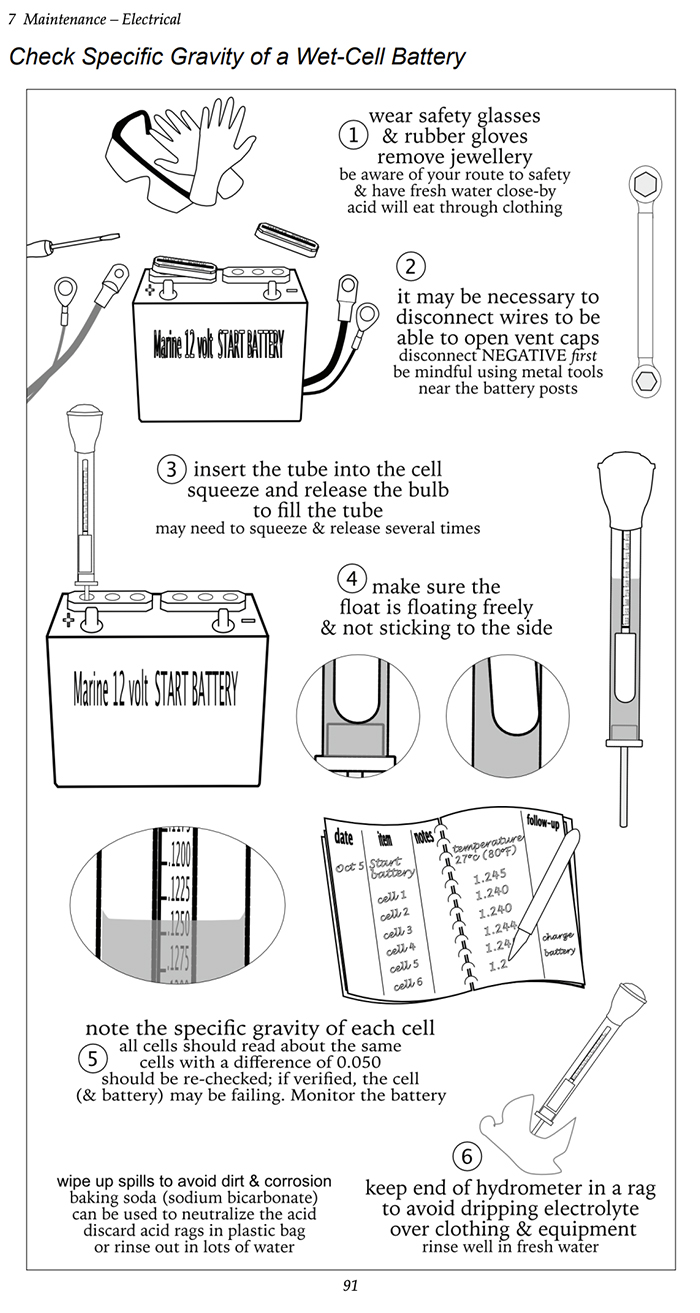 Tasks are broken down into seasonal, monthly, yearly, daily and by hourly specification.
Tasks are broken down into seasonal, monthly, yearly, daily and by hourly specification.
This is important from a number of perspectives:
1) It makes it easy to organize boat maintenance.
2) It acts as a reminder and record of what was done and when
3) It allows you (the boat owner) to understand what tasks you can take on, on your own
4) It allows you to hire a mechanic to take on the work that is beyond your comfort level, while understanding what work the mechanic is performing and why.
5) It allows all of that work to be kept on record.
6) The main text supports the logbook, allowing the user to reference back to quickly get direction on how or why a task is needed.
During the course of my work, I’ve used and referenced a number of different types of books, and I tend to choose one over another for specific reasons. Sometimes descriptions are too vague, other times it reads too much like a textbook. I think that Dennison has done a great job of finding the middle ground: explaining thoroughly but clearly, and in plain English without losing accuracy and purpose.
Marine Engine Basics (ISBN 978098 1 123394), published by Voyage Press can be found on Amazon, with digital versions available on your favourite platform.
In short, I can’t recommend it enough. Even if you already have too many books. Even if you have trouble finding friends to help you move. Your friends may not appreciate it, but your boat will.
Happy Boating.
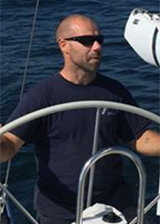 Andrew McDonald is the owner of Lakeside Marine Services – a boat repair/maintenance firm based in Toronto. Andrew has worked in the marine industry for 12 years and is a graduate of the Georgian College ‘Mechanical Techniques – Marine Engine Mechanic’ program.
Andrew McDonald is the owner of Lakeside Marine Services – a boat repair/maintenance firm based in Toronto. Andrew has worked in the marine industry for 12 years and is a graduate of the Georgian College ‘Mechanical Techniques – Marine Engine Mechanic’ program.
Questions or comments for Andrew? Email him directly via: askandrew@lakesidemarineservices.ca

